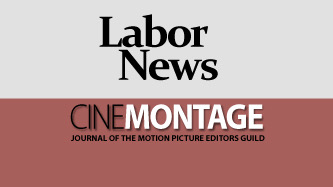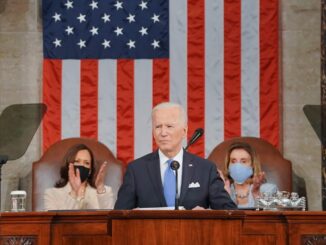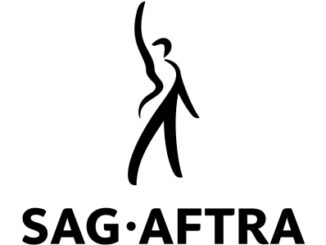
Reprinted from Common Dreams by Margaret Poydoc on October 23, 2020.
On November 3, Californian voters will decide the fate of the Protect App-Based Drivers and Services Act, more commonly known as Proposition 22. This ballot measure would exempt “gig” or “digital platform” workers from Assembly Bill (AB) 5, a recently enacted law aimed at combatting the misclassification of workers. Instead of complying with the law, digital platform companies—namely Uber, Lyft, DoorDash, Postmates, and Instacart—have contributed over $184 million to ensure the passage of Proposition 22.
How a worker is classified has serious implications and high costs for workers. Most federal and state labor and employment protections are granted to employees only, not independent contractors. This includes basic employment protections such as a minimum wage, overtime pay, and access to unemployment insurance.
State and federal governments also lose when workers are misclassified. Companies that misclassify workers avoid paying their fair share of Social Security, Medicare, and unemployment insurance taxes and avoid providing state workers’ compensation insurance. The state of California estimates that the annual state tax revenue loss due to misclassification is as high as $7 billion. …






